While the world consists of about 70% water, only roughly 2.5% is fresh water that we humans can drink. Unfortunately, we aren’t able to drink a large portion of that freshwater, either, since we are contaminating it. With the population on the rise and water supplies becoming more and more polluted, it is crucial to do something about the water pollution effects now.
Today, we will discuss ten water pollution effects on the environment that we cannot ignore any longer. Moreover, given that these consequences, when combined, lead to severe water crises all over the world, we all need to step up and intervene.
Water Pollution Effects on the Environment
1. Water Becomes More Acidic

Marine life is comfortable with some levels of acidity in the water. However, many of the materials we dump into the water change the levels of acidity. When the pH levels lower drastically, it is a shock to the marine life in that area. Depending on the severity of the change, more fragile/vulnerable plants and animals can get sick and die.
Water pollution and its effects on marine ecosystems is a vast and complex topic. We pollute the waters in various ways, with waste dumping being just one of the many.
Learn More about Fashion’s Impact on the Environment!2. More Toxins in the Water
People have been dumping industrial waste into the water for decades. This industrial waste contains deposits of hard minerals and hard metals that remain in the water and are very hard to clean. Plants and animals inevitably come into contact with these hard minerals and ingest them. Through the process of heavy metals’ bioaccumulation, people also ingest some of these toxins, with dire consequences.
Learn More about Heavy Metals in Water!
3. Eutrophication
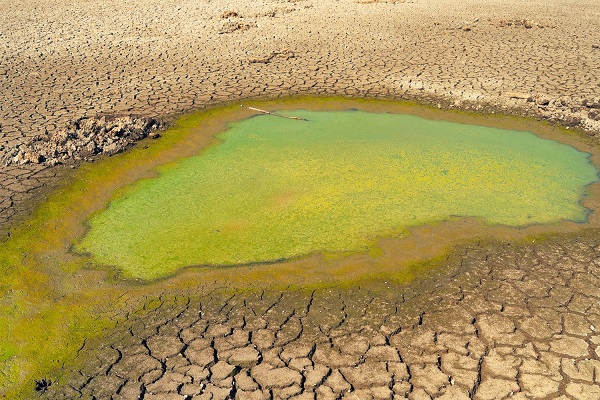
Ask all environmental scientists, and they will tell you that eutrophication is one of the most significant causes of impairment when it comes to freshwater and coastal marine ecosystems. To quote such experts,
Human activities have accelerated the rate and extent of eutrophication through both point-source discharges and non-point loadings of limiting nutrients, such as nitrogen and phosphorus, into aquatic ecosystems (i.e., cultural eutrophication), with dramatic consequences for drinking water sources, fisheries, and recreational water bodies.
Learn More about the Main Types of Water Pollution!
4. Destruction of Ecosystems
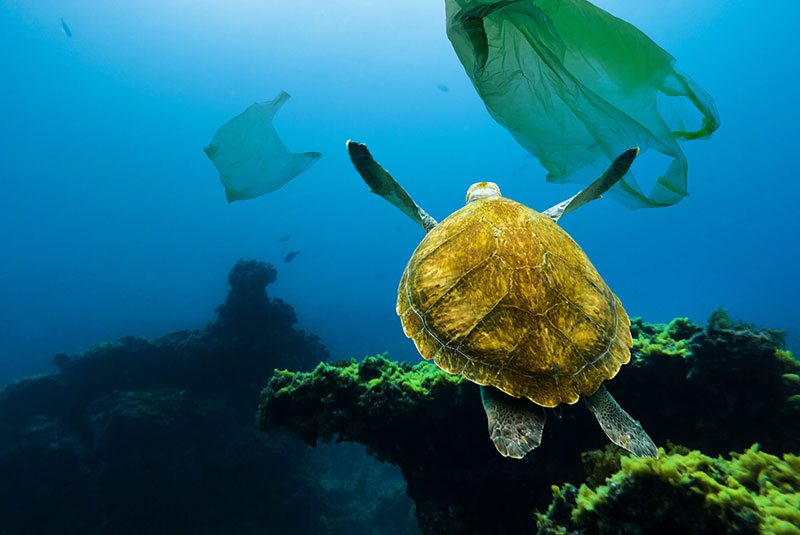
Many species call the water we are polluting “home.” The water pollution effects include ruining once safe water as well as the destruction of reefs and coral populations. Without a place to live, these animals must go elsewhere.
As we continue to make them live in a smaller and smaller environment, we force them to go through changes and challenges. They must face more competition for food and shelter. Soon, there won’t be enough available for them all, and this will render the situation even direr.
Learn More about Some of the Most Polluted Rivers in the World!
5. Loss of Wildlife

Due to our negligence, we may lose some of the wonderful wildlife that we take for granted every day. The effects of water pollution on the planet are taking a toll on all animal populations and endangering them all. They won’t be able to survive for much longer under these conditions.
Learn More about the Effects of Plastic Pollution in the Ocean!
Water Pollution Effects on Humans
1. Snowballing Severe Economic Losses
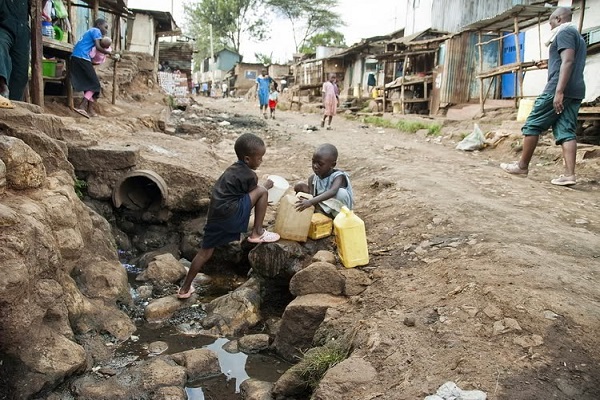
Many people enjoy looking out at the nearest ocean or lake to see its stunning beauty. Unfortunately, the more we pollute our world, the less likely we are to enjoy the sight. The water is looking dirtier and dirtier. The problem is that it also becomes more and more dangerous for the ecosystem, people, and the economy.
The problem with tourism is that it contributes to water pollution. In turn, the latter leads to a diminishing in such practices. As a consequence, it determines an overall financial slowdown, especially in the countries relying on tourism for economic growth.
Imagine you buy tickets to spend your vacation in a place famous for its breathtaking scenery and pristine landscapes.
How awful is to discover a body of water filled with garbage?
Would anyone trust taste the local cuisine based on fish and seafood captured from that body of water?
Would you want to come back to revisit a place that reeks of industrial pollution, chemicals, trash, and so on?
The more we pollute our waters, the bigger chances we have to not only ruin the planet but our quality of life itself. Not many people consider that there are direct connections between water pollution, tourism, and economic downfalls, but there are. Just as the EPA says about nutrient pollution,
[It] has diverse and far-reaching effects on the U.S. economy, impacting tourism, property values, commercial fishing, recreational businesses, and many other sectors that depend on clean water. The tourism industry loses close to $1 billion each year, mostly through losses in fishing and boating activities, as a result of water bodies that have been affected by nutrient pollution and harmful algal blooms.
Airborne nutrient pollution can also affect visibility at popular outdoor destinations like national parks. This kind of pollution can also damage buildings and other structures, especially those made of marble and limestone.
2. Health Conditions
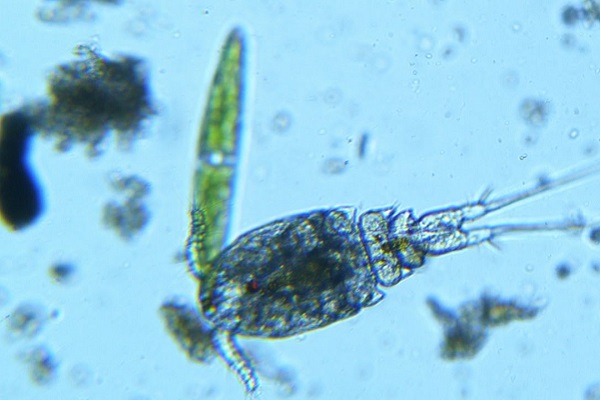
Swimming is a great way to spend some time and enjoy oneself. Unfortunately, many people are going into the water with clear skin and coming out with rashes and other skin conditions. People can even get hepatitis from swimming in polluted water. An estimate states that around 3,500,000 Americans every year contract some diseases and develop health conditions from diving in dirty waters.
We don’t even want to begin discussing the diseases one can experience by drinking contaminated water. If the Flint water crisis was any indication, we need to preserve our waters as clean as possible if we want to keep our lives.
Nevertheless, some of the most dangerous waterborne diseases include:
- bacterial infections (various types of diarrheal conditions, including cholera);
- viral diseases (hepatitis, encephalitis, poliomyelitis, gastroenteritis, etc.)
- parasitic diseases (cryptosporidiosis, giardiasis, etc.)
Scientists are still studying the impact of air and water pollution on human health, and so far, results are not encouraging. The more we pollute our waters, the sicker we get.
3. Extreme Water Poverty
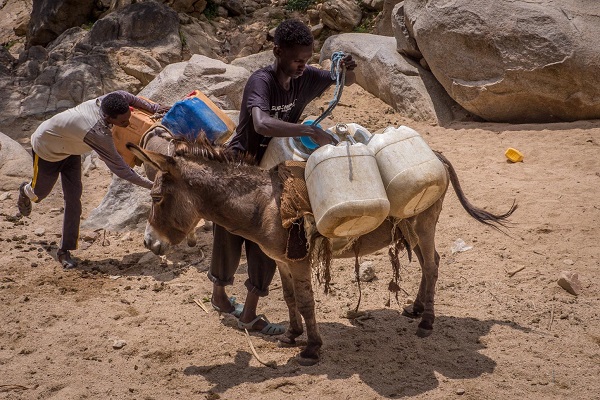
As pollution takes its toll on marine life, it takes a toll on our food (and the fishing industry, as well as faulty agriculture, are just the tip of the iceberg). Water pollution takes a toll on the whole food chain. Being at the top of the food chain, humans feel these effects with severe consequences.
Water pollution effects are visible with the naked eye in countries where water scarcity already led to water poverty, diseases, and death.
Whenever you hear about a water crisis somewhere in the world, you can be sure that water pollution had something to do with agricultural and industrial losses, which, in turn, deepened the already dramatic situation.
Learn More about the Eritrea Water Crisis!
4. Costs of Cleaning Up
Many governments are putting significant effort into fixing the problem. Many make real changes in their aim to clean up water pollution and reduce the effects of water pollution on the entire world. It is certainly admirable, but it is also quite expensive.
According to some recent studies,
The U.S. has invested $140 per person per year – or more than $1.9 trillion – since 1960 to decrease pollution in rivers, lakes and other surface waters. According to a pair of new studies, this investment in clean water is working, but questions remain about whether the benefits outweigh the costs.
As one can quickly figure out, such efforts are costing a lot of money and taking valuable resources that we could use to help people in other ways. The larger the polluted area, the more money it costs to solve it. Avoiding this problem in the first place can result in significant savings.
5. Death
Ultimately, the most significant effects of water pollution are the diseases and the deaths associated with them. Such phenomena are particularly prevalent in developing countries, but it happens at home, too, such as in Flint, Michigan, as we already mentioned.
More and more die from water pollution effects on humans every single year. According to the World Health Organization,
Contaminated drinking water is estimated to cause 485 000 diarrhoeal deaths each year.
What is even scarier is one of the most recent reports issued on pollution, warning that
Pollution is responsible for more than nine million premature deaths worldwide each year, killing 15 times more people than war and violence.
Conclusion
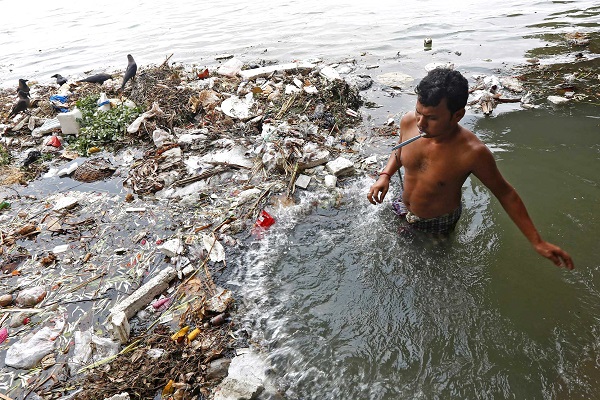
The effects of water pollution are real and terrifying. We need to do something to help save ecosystems and human lives. If we come together, we can find solutions to this dramatic problem we are experiencing today.